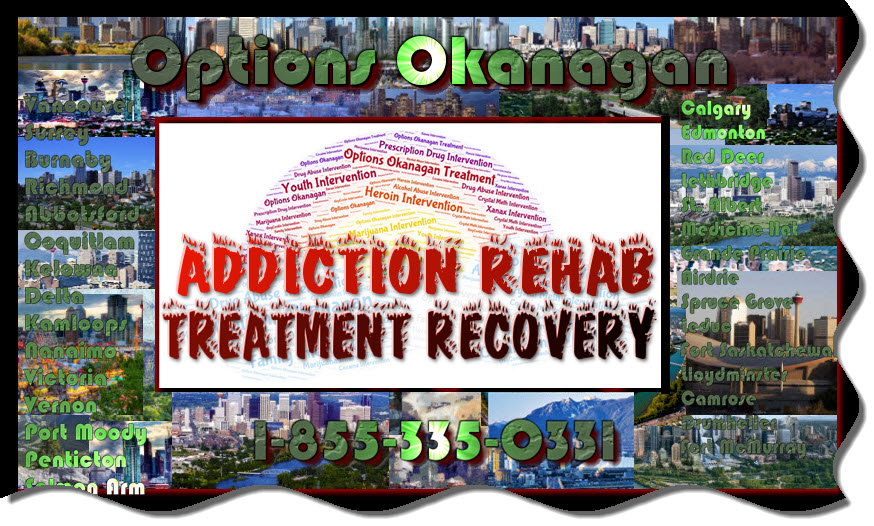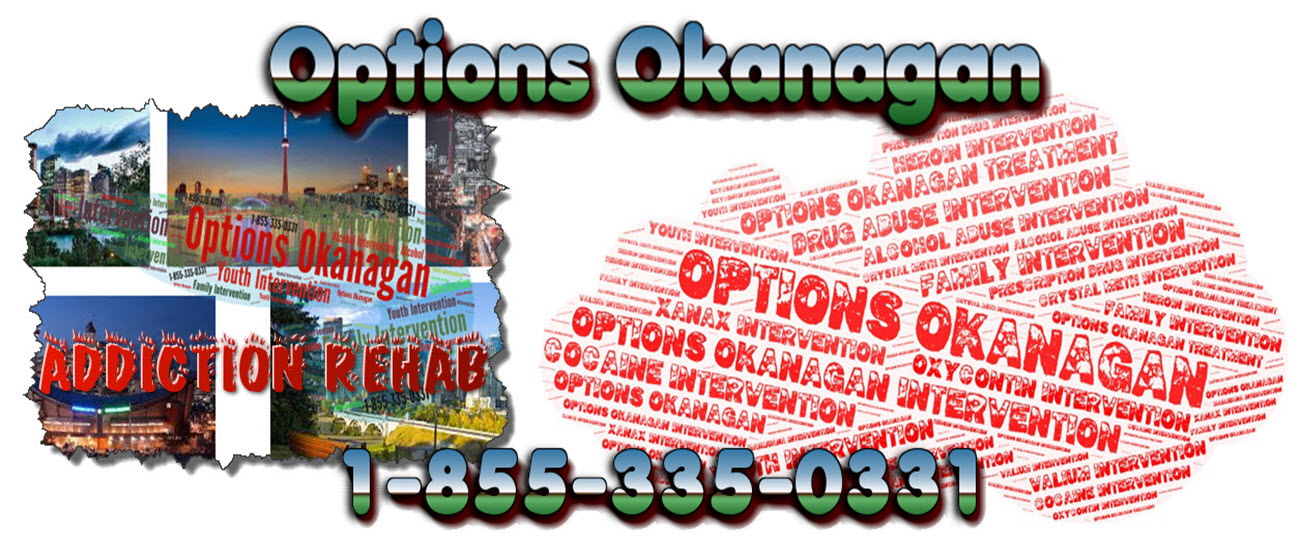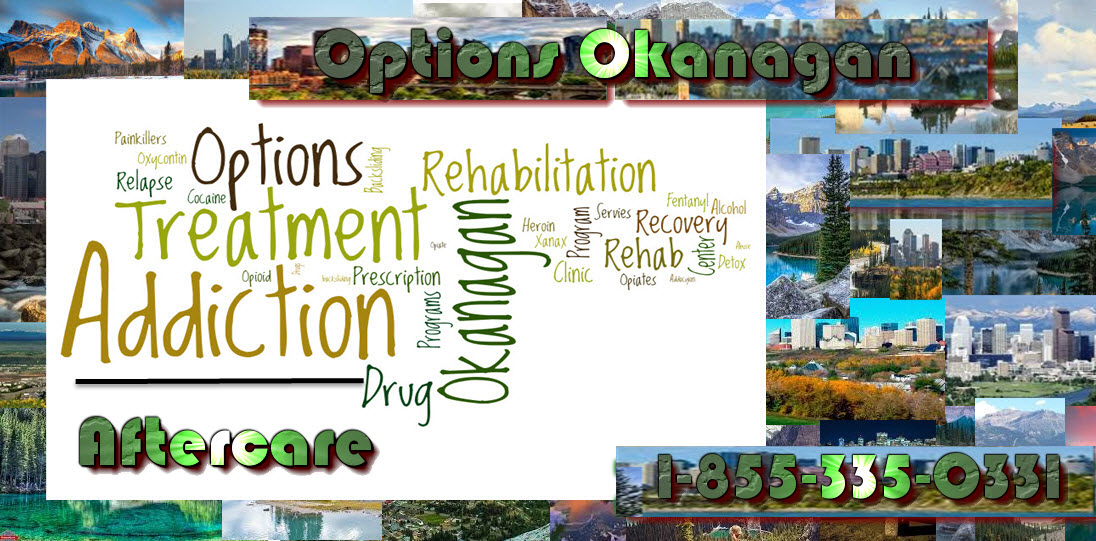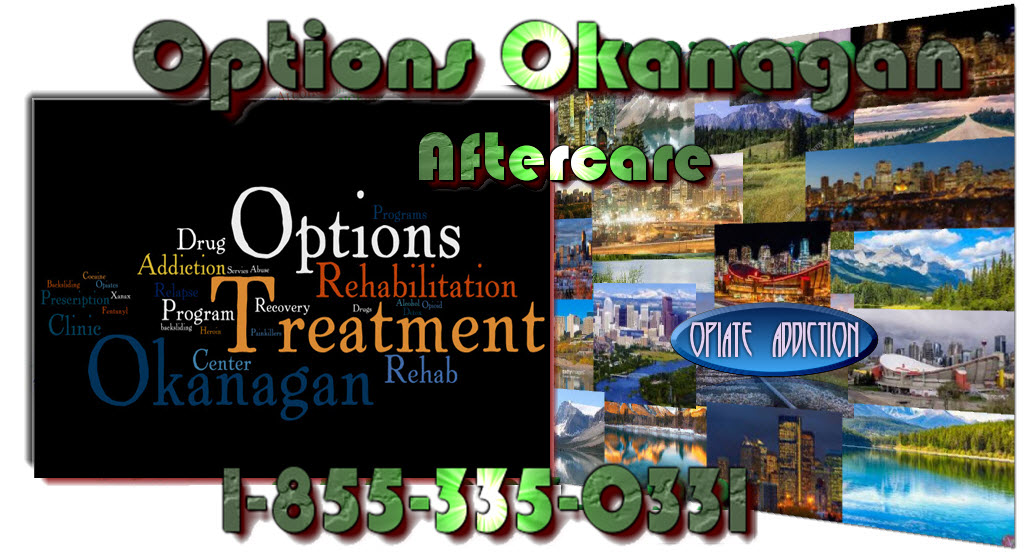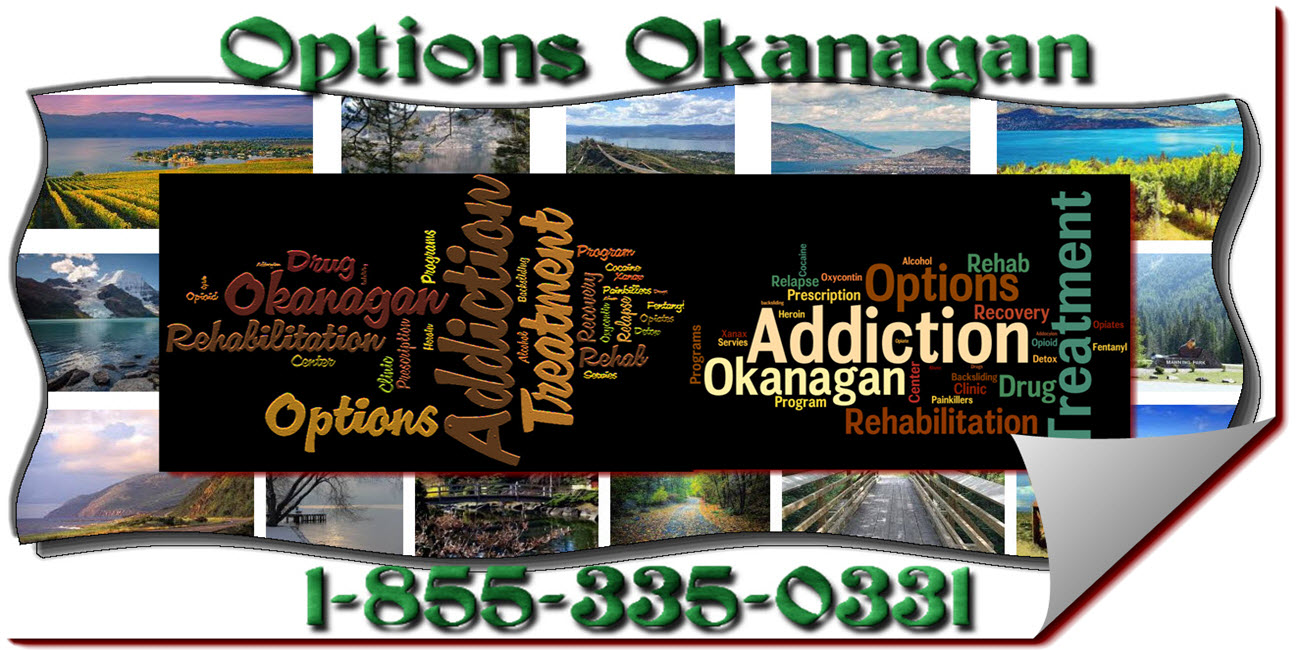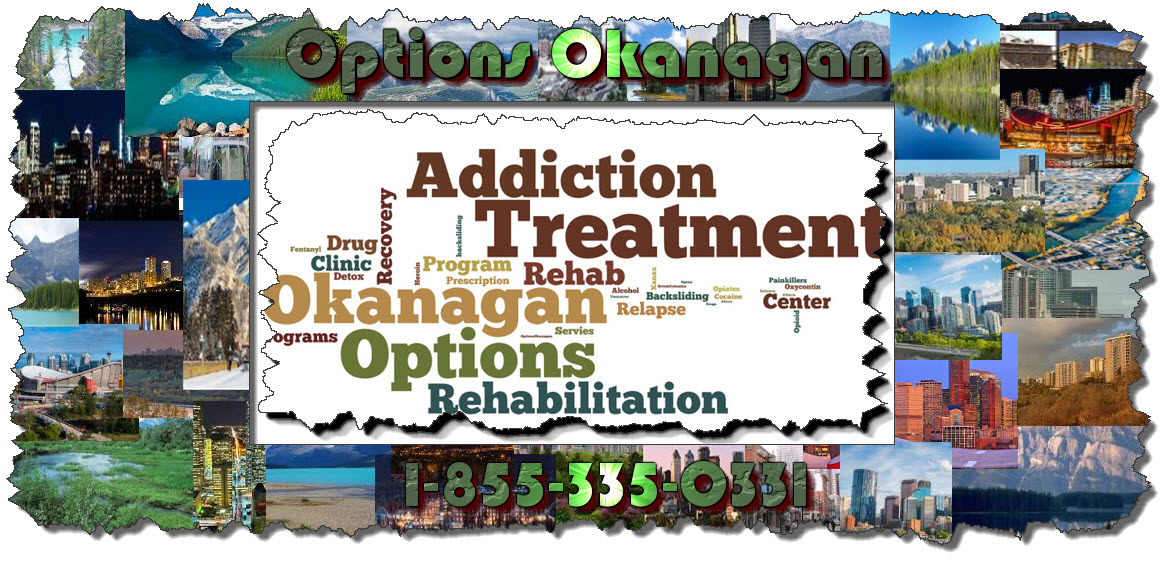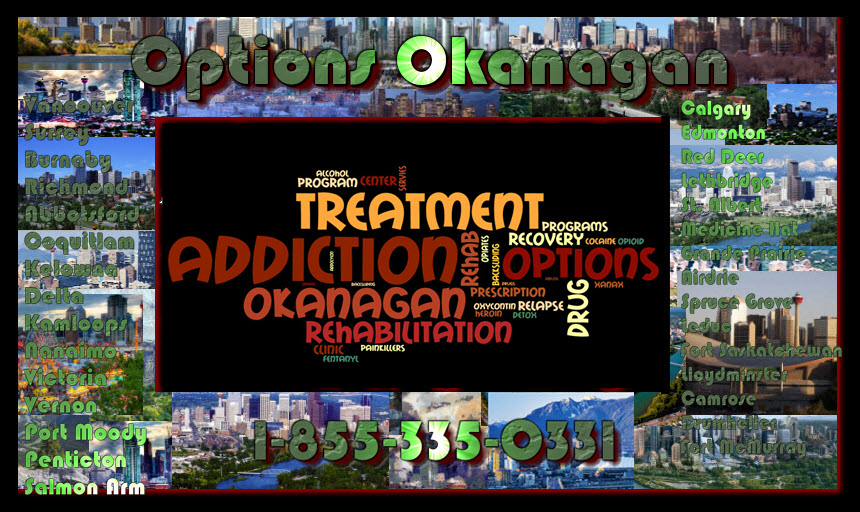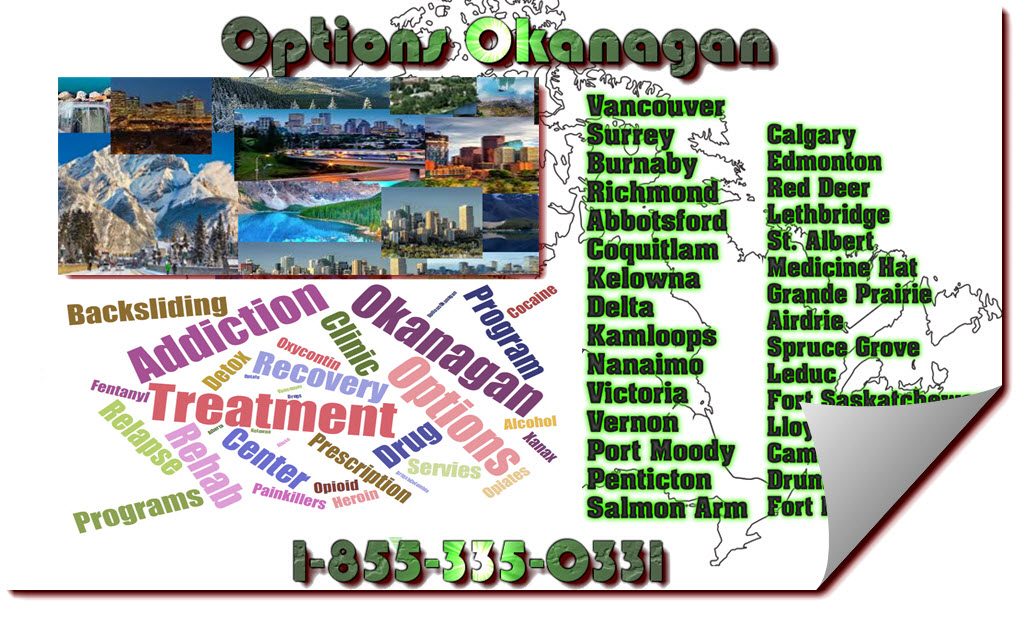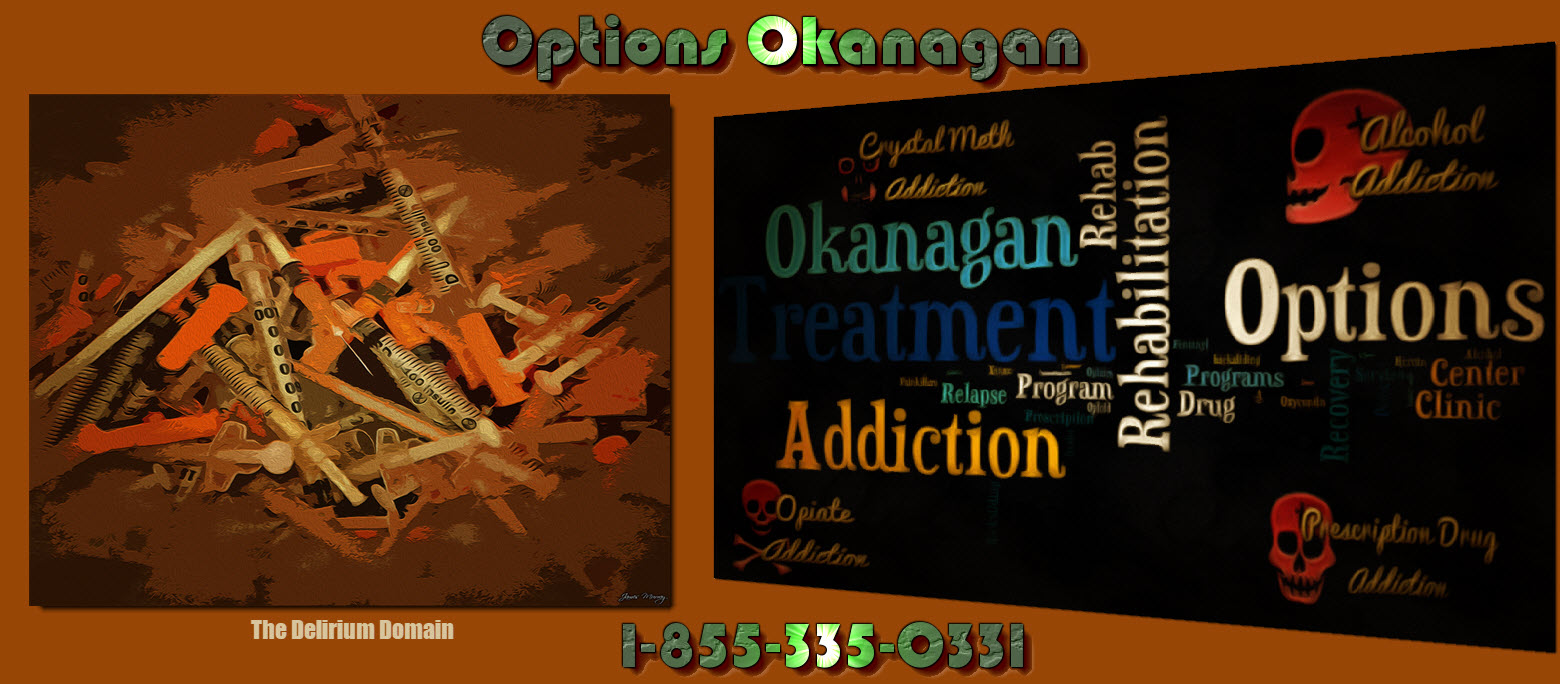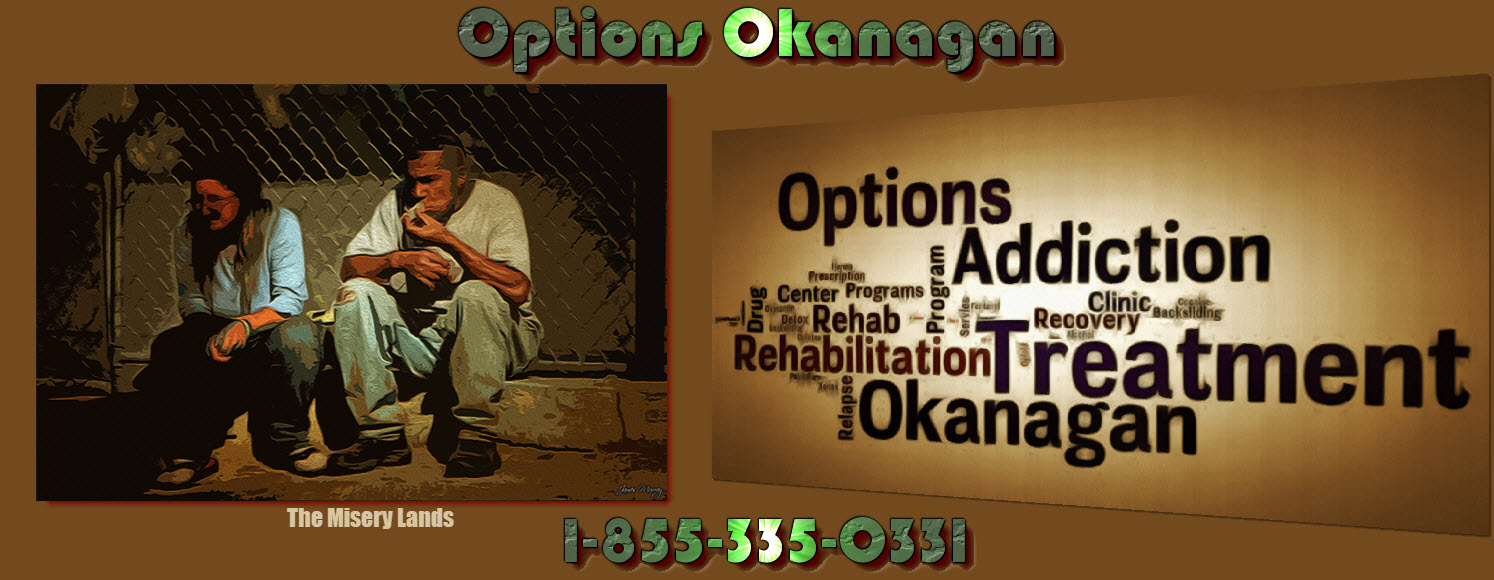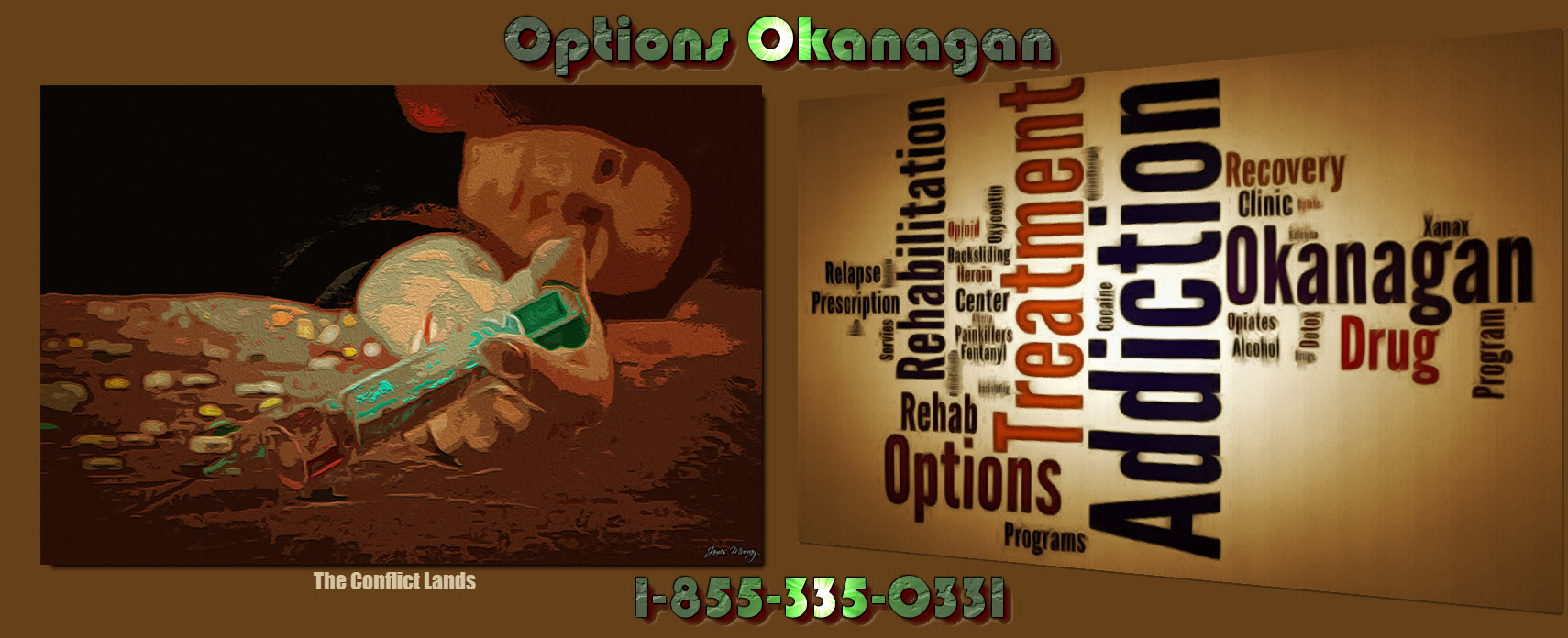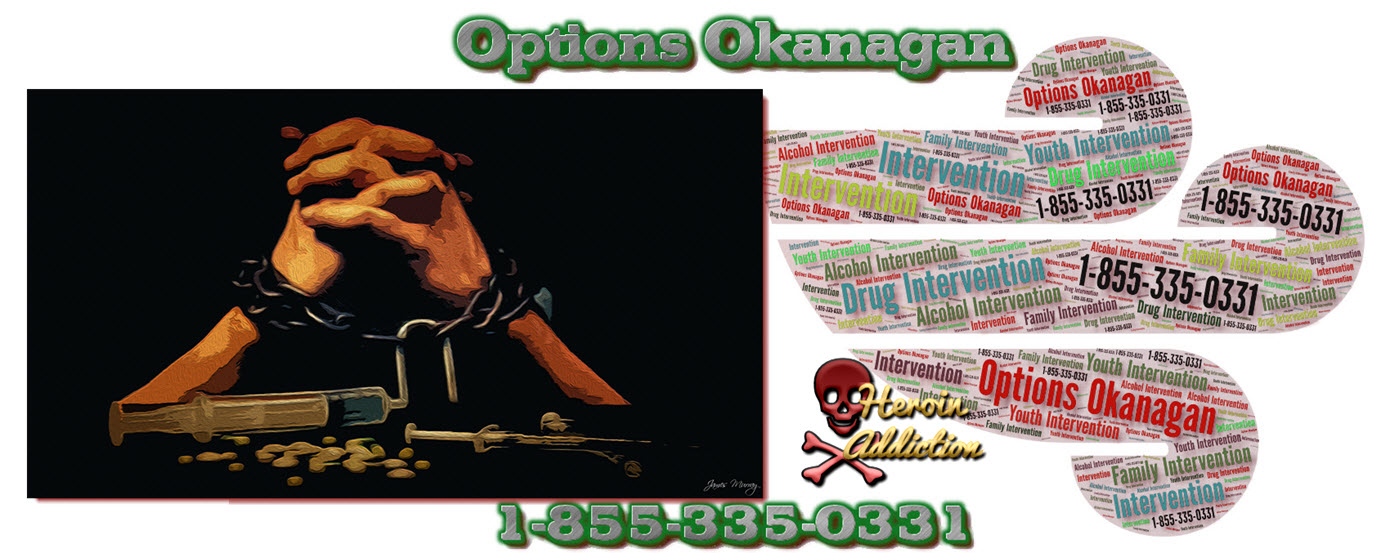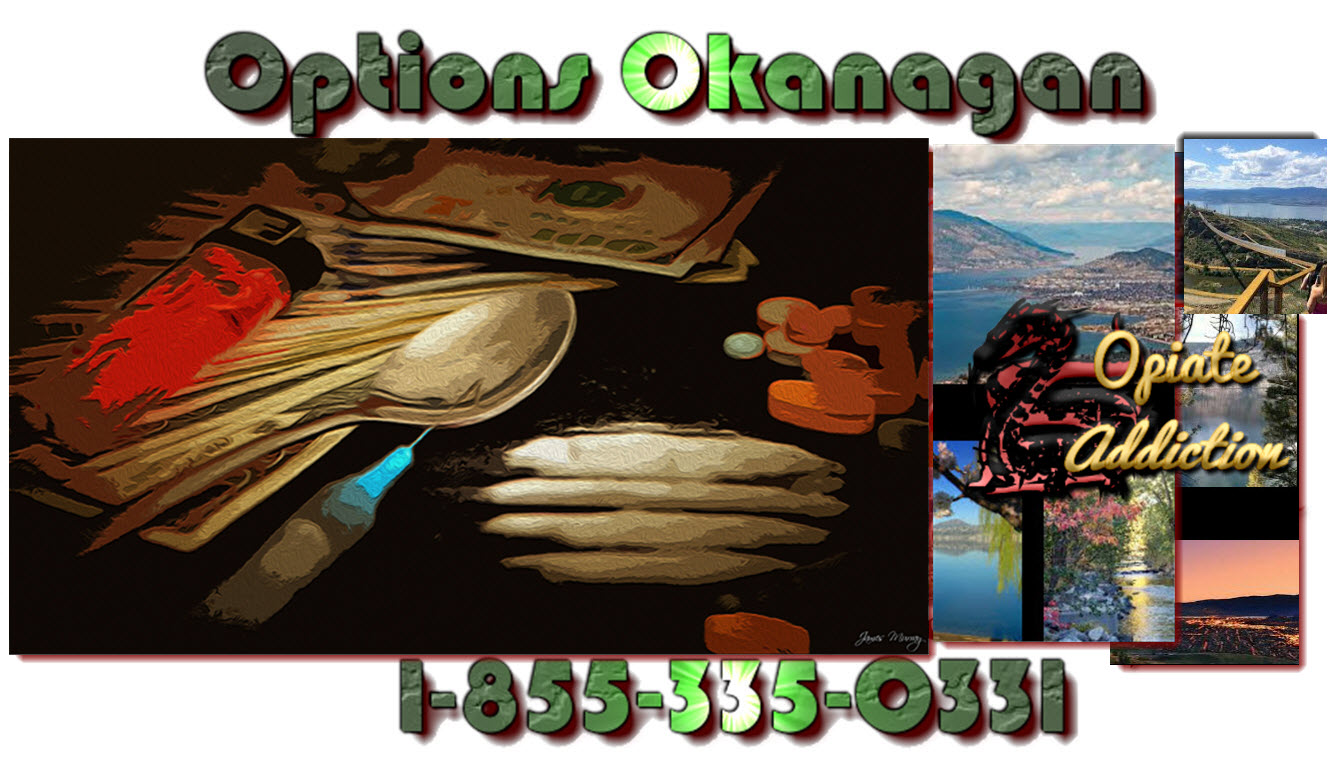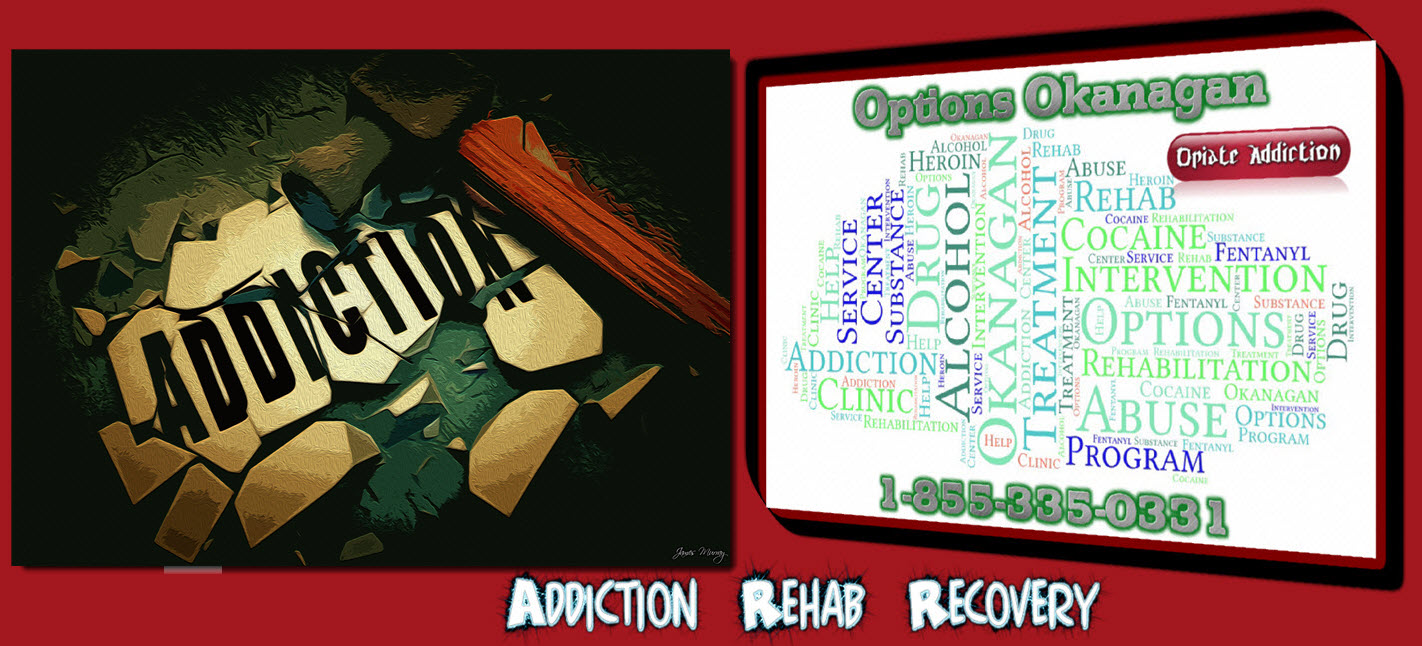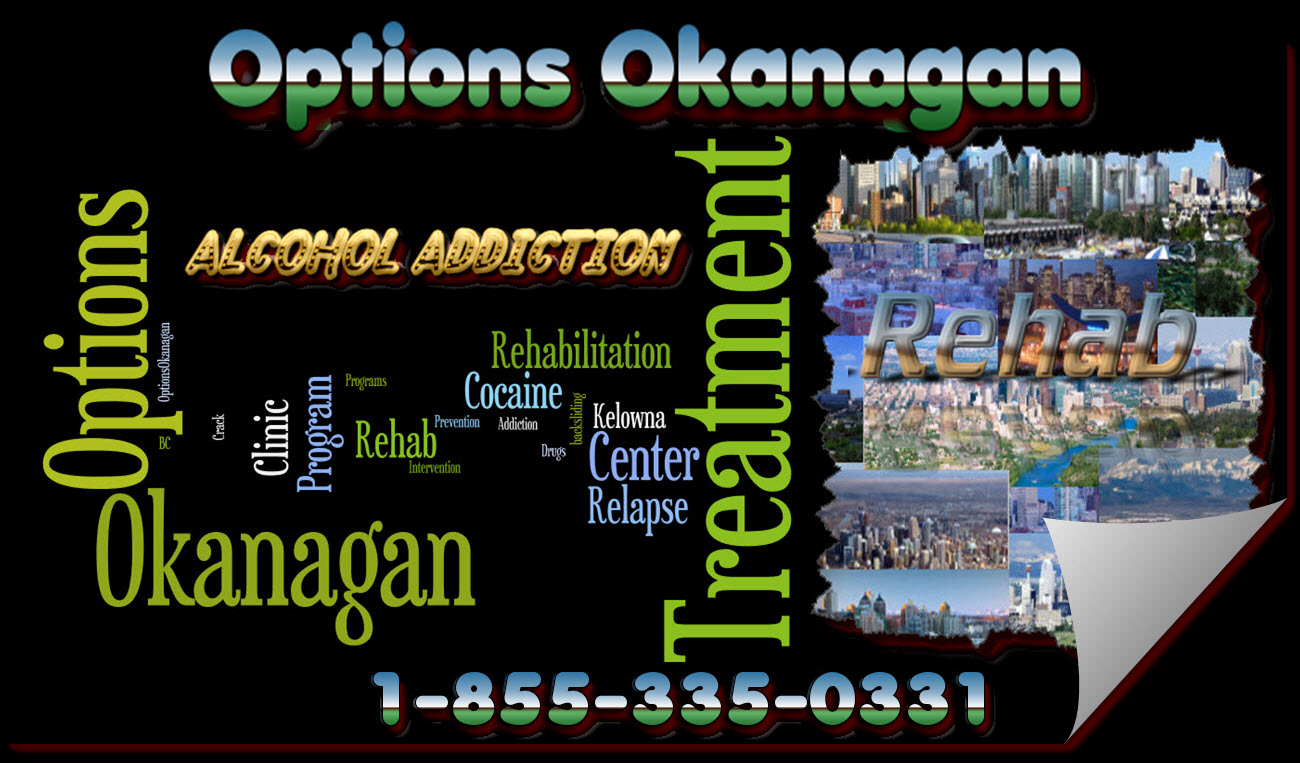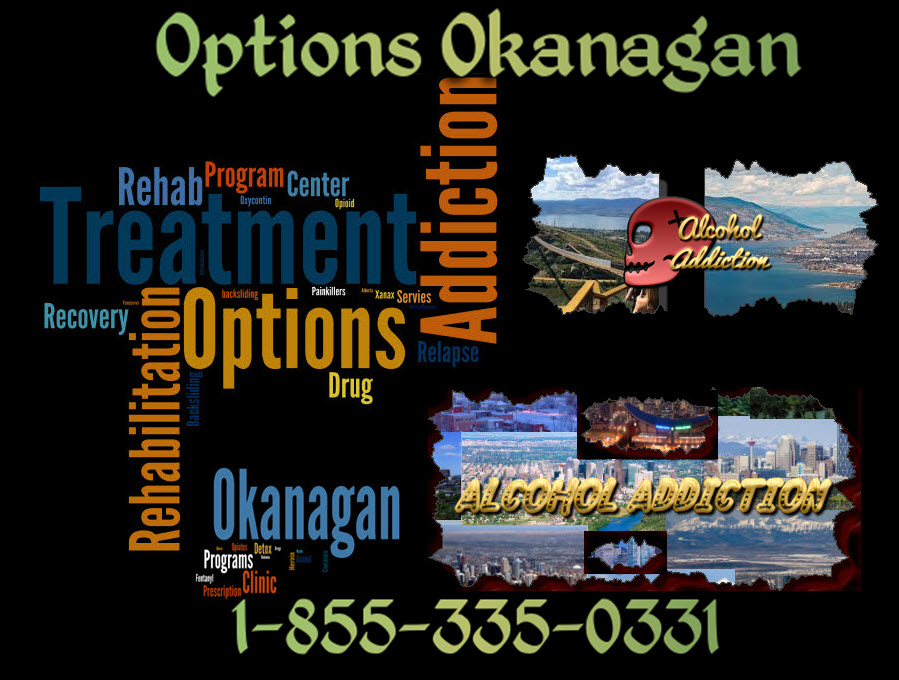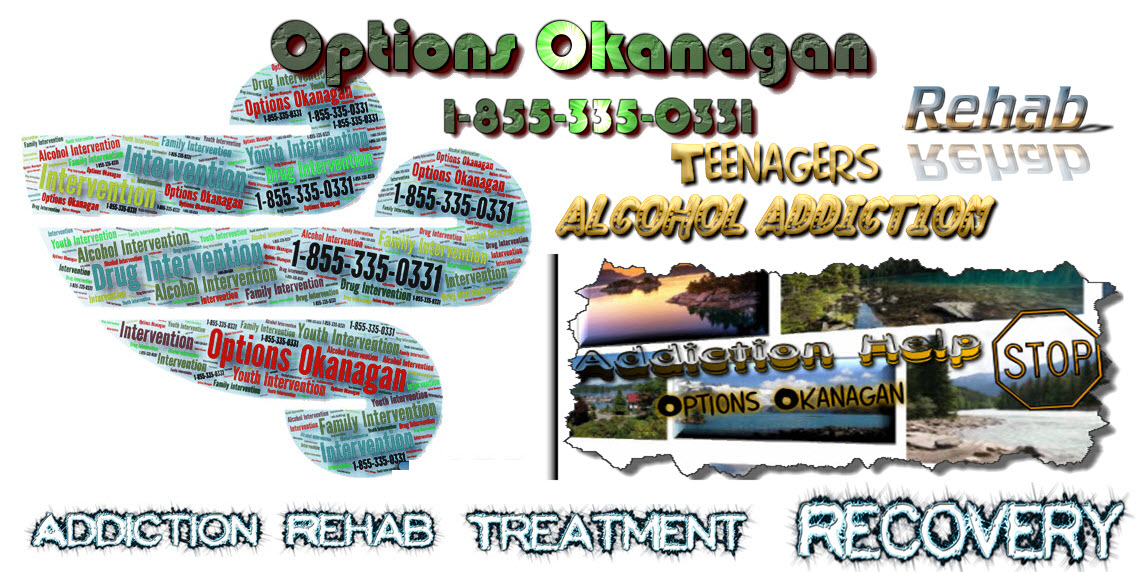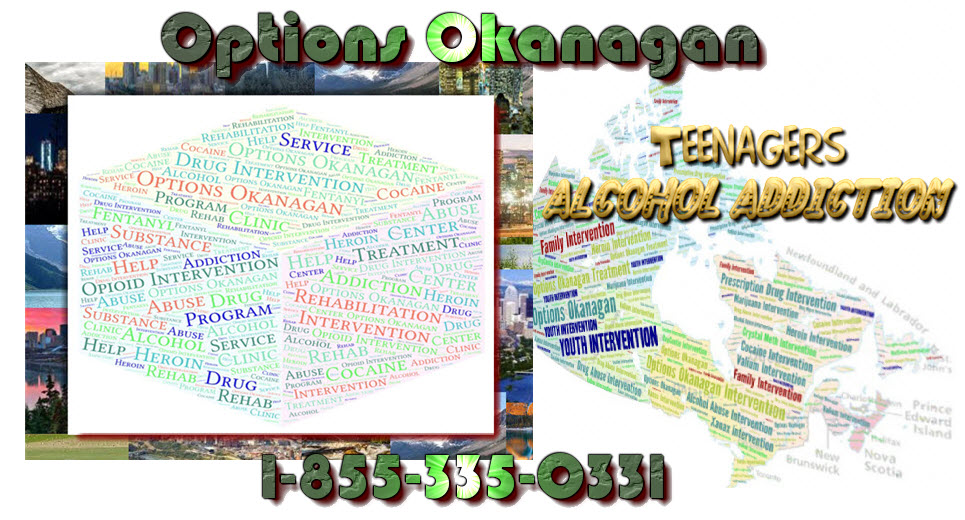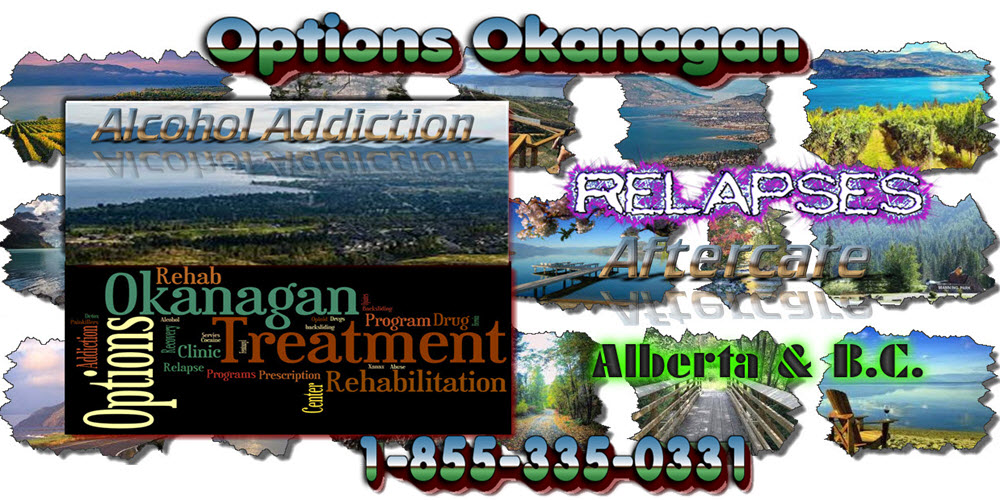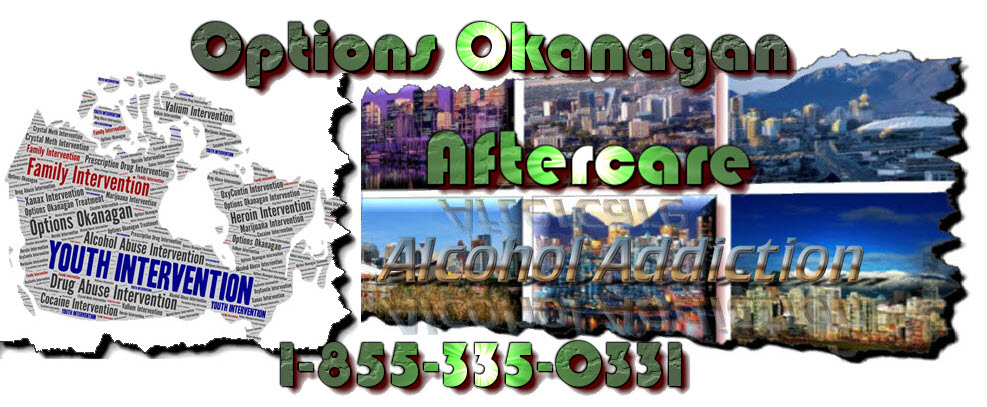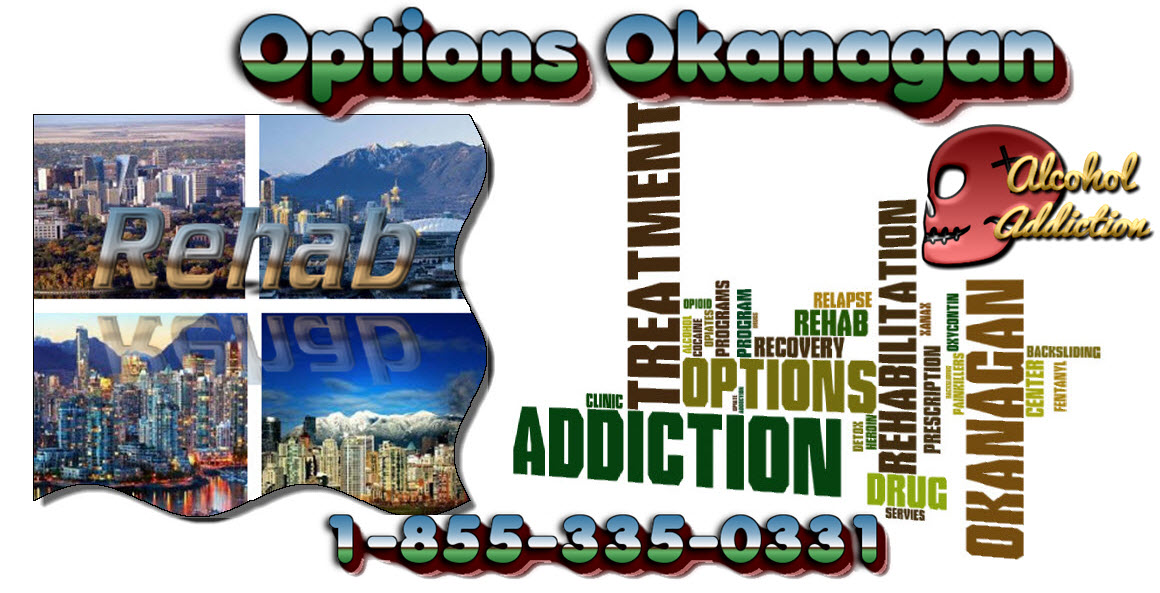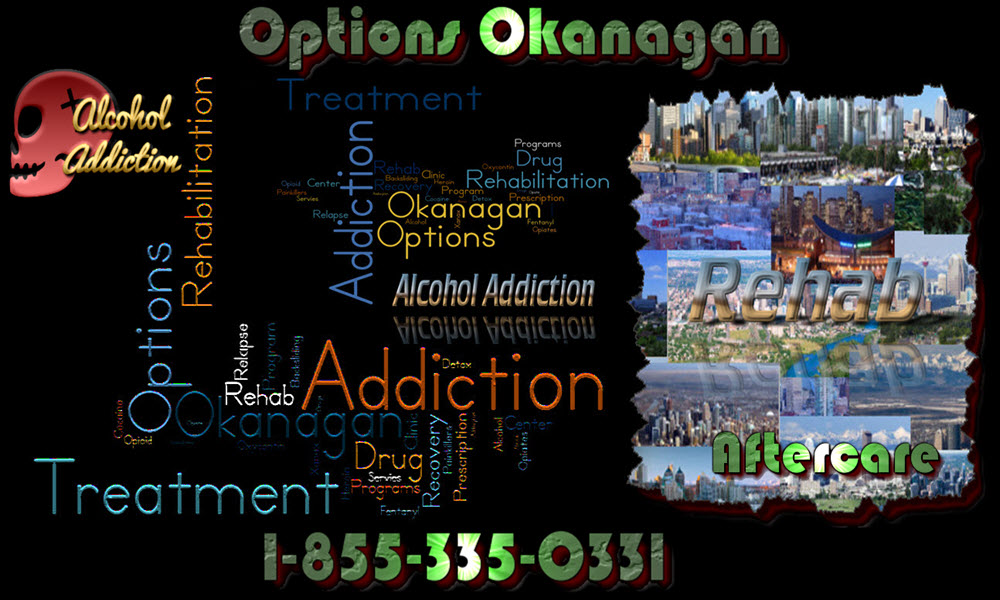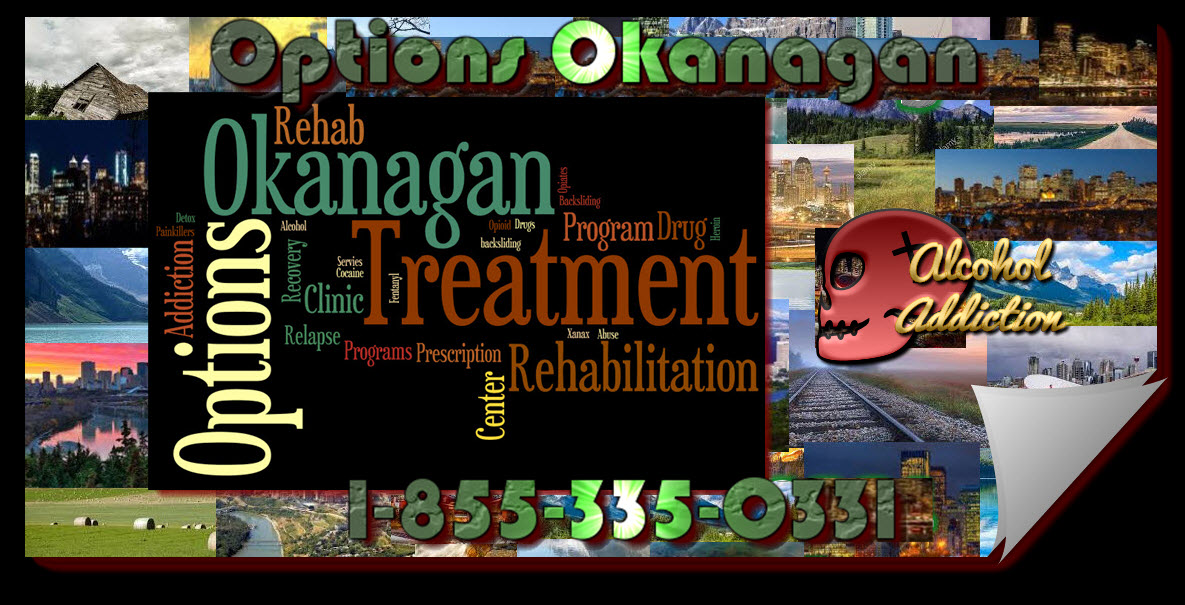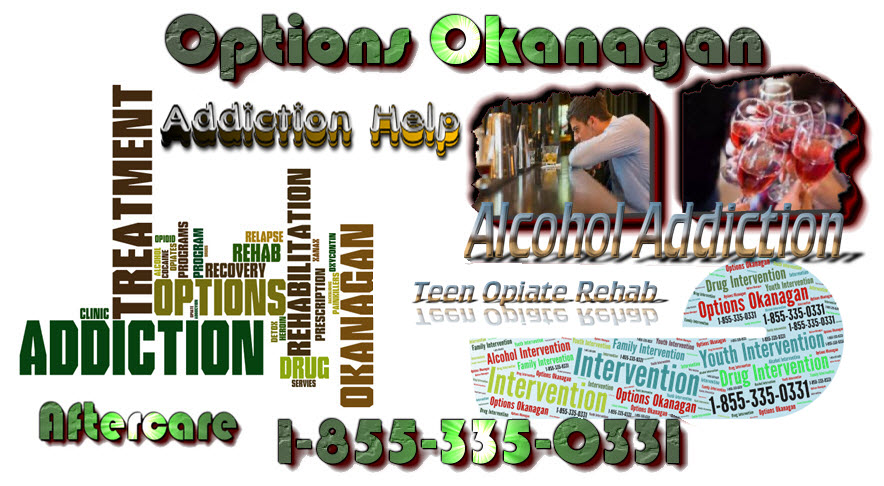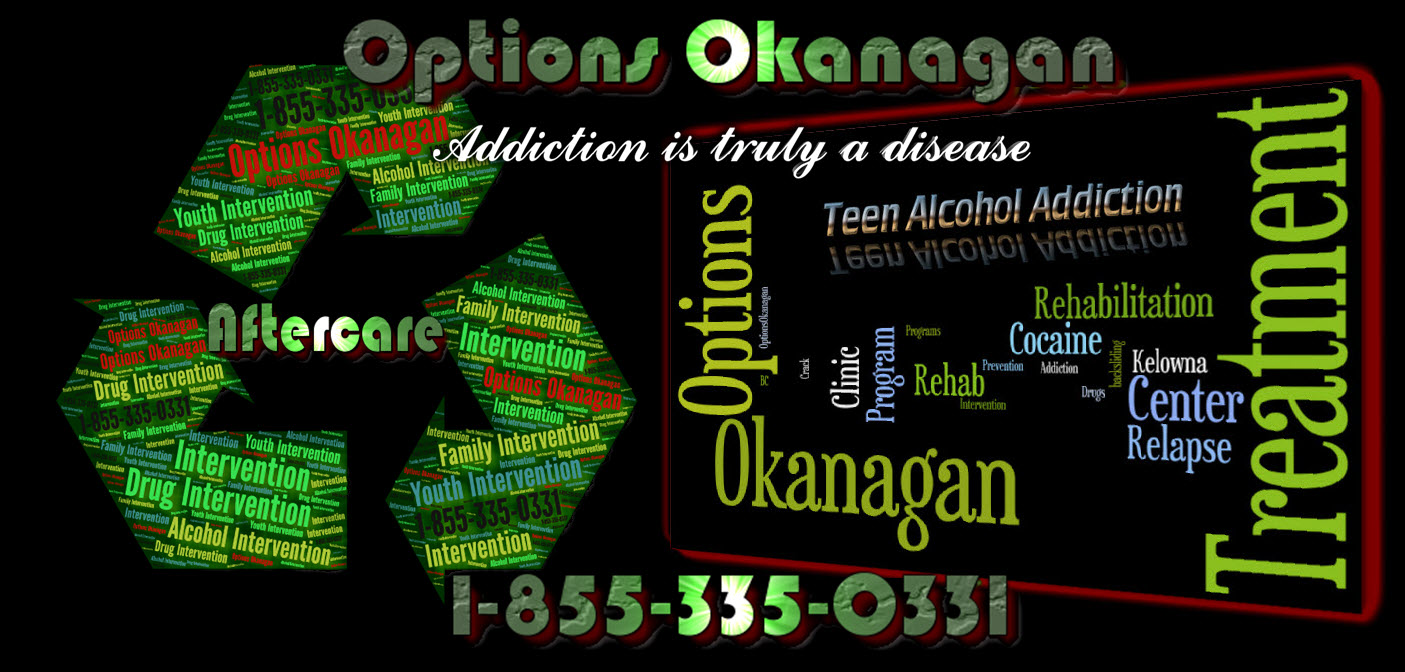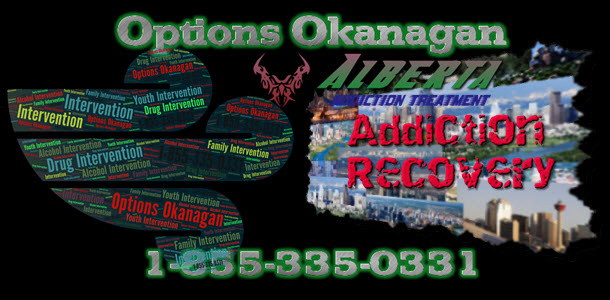Shame and needing to let it go in addiction recovery. Alcohol and drug addiction rehab treatment clinics in Alberta and British Columbia – Options Okanagan Treatment Centers in Kelowna and Salmon Arm (Shuswap), British Columbia treating drug opiate and alcohol addiction and recovery.
Alcohol and Alcohol Rehabs In Alberta And BC
In addiction recovery, for an individual to heal they need to be willing to leave shame and guilt behind. Harboring the shame and embarrassment will just keep an individual stuck in vicious cycle alcoholism or substance abuse. Among the toughest parts of starting life in addiction recovery and healing is confronting the mistakes an individual made, and the hurt and pain they caused while they were using drugs or drinking. To completely understand the past will be important, however, it can also leave individuals in addiction recovery with a burning feeling of shame.
Many addiction counselors and therapists will state from experience, that addiction shame if left unaddressed, will haunt most individuals for the remainder of their lives. Letting go of this shame is a critical step on the road to recovery, and holding on to this shame will undermine the self-love needed to do the hard work in recovery and living a drug-free life.
Shame will fester inside by lessening an individual’s self-respect and feelings of worthlessness. Shame will trick addicted individuals into thinking and even believing that things will never get better and change.
Counselors and therapists start to deal with this shame by helping individuals understand the distinction between shame and the sense of guilt, two powerful emotions for individuals in early addiction recovery. Shame is very different from guilt. Guilt will say something like “I did something really bad!” while Shame will say, “I am bad!”. Two very different addiction thoughts.
If individuals hang onto shame and the idea that they are bad, they are unable to separate themselves from their disease of substance use disorder. If all addicted individuals ever are is “bad,” and not individuals that are making bad choices or decisions, then they continue to be entrapped in a vicious cycle without any hope out of their addiction.
Unresolved shame can keep individuals from getting sober, and trap them in their mental disorder, by not letting them move on towards recovery. The main key to getting rid of shame is to understand and deal with the underlying issues that bring about substance use disorder. Due to the fact that this is such an intricate process, it is necessary to seek the help of an addiction counselor or therapist.
A crucial step to letting go of shame is to discover and find forgiveness, for themselves as well as for others that might have wronged them.
An additional way to put it originates from the publications of Alcoholics Anonymous and Twelve-Step Programs where it states that “resentment is the number one offender”, and also if an individual is holding on to shame then they need to find a way to forgive and let go. If an individual is spiritual there is a saying, “that forgiveness is the soil, where joy grows in a person’s life.”
Although this might seem very simple, it is challenging and a hard step for many individuals, particularly if shame has actually been passed down in families from generations.
An individual needs to like themselves enough to stop owning the shame, and after that, they have to love their wrongdoers enough to forgive them for their trespasses too, and that is the key is forgiveness.
Forgiveness implies accepting that an individual’s past behaviors were a mistake, not something that confirms what kind of individual they are. It is alright to acknowledge that an individual has actually slipped up and to fix it, however, it is never alright to think that they are a mistake. Forgiving oneself or others does not suggest making light of past behavior, but instead moving on from it.
It is very easy to forgive and also virtually impossible to forget, so individuals need to stop trying to forget it. Instead, simply use their anger and resentment as a gauge or scale to see just exactly how loving, caring and forgiving they are of others whenever they have feelings of self-doubt, insecurity, shame or anger.
Reaching out and connecting with friends and others that have actually handled similar feelings can help when moving on really feels difficult or impossible. An individual may really feel hopeless, however, they are never helpless, so pick up a phone and call somebody that has either been through it themselves, is presently going through it or somebody that is professionally accredited to help.
Options Okanagan Opiate and Alcohol Treatment Centers in Kelowna, Salmon Arm and Vancouver, British Columbia – Men and Women are recovering and healing from Alcohol and Drug Abuse at our treatment center here in the Okanagan right now.
Our unique and distinctive Opiate Drug and Alcohol treatment program allow men and women to come in from Calgary as well as Edmonton as we offer airport pickup.
Numerous clients come to us from Vancouver, Calgary, and Edmonton and other locations in Alberta and even other provinces for Opiate addiction treatment, heroin drug treatment, many other drug and alcohol addictions for rehabilitation because of the uniqueness of our treatment center.
Our (Kelowna ) Alcohol and Drug Treatment Program Location:
(Not Mailing Address) Contact Us – Web Page
For Mail Delivery :: Please contact each center for correct mailing addresses, also this location is the location of our residential treatment programs in Kelowna. Please call Toll Free 1-855-335-0331 to contact the treatment center you are going to for the address and directions.
Options Okanagan Drug and Alcohol Treatment Center
551 Sherrydale Crescent, Kelowna, British Columbia, V1V 2E6
Toll-Free Phone Number: 1-855-335-0331

